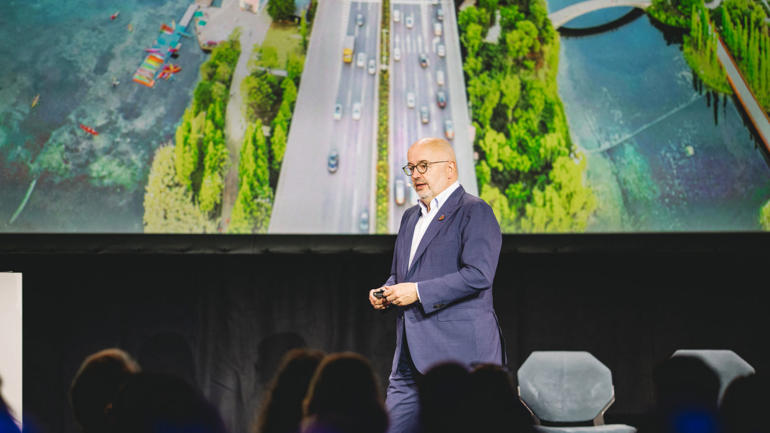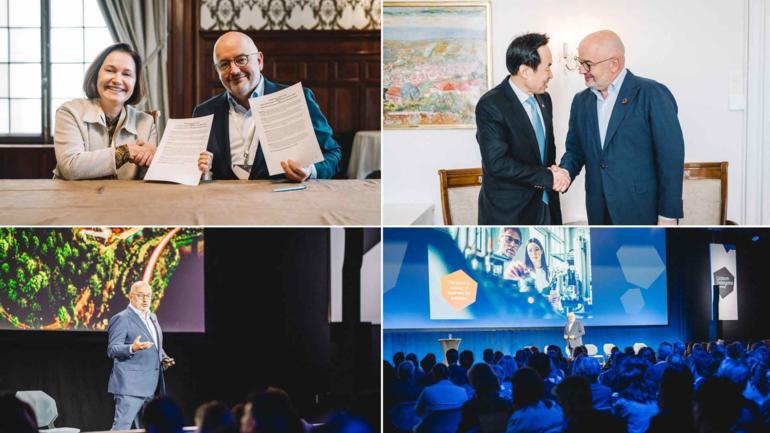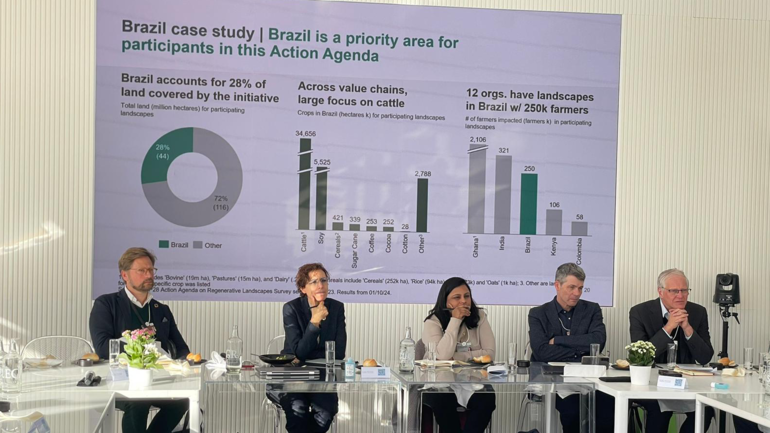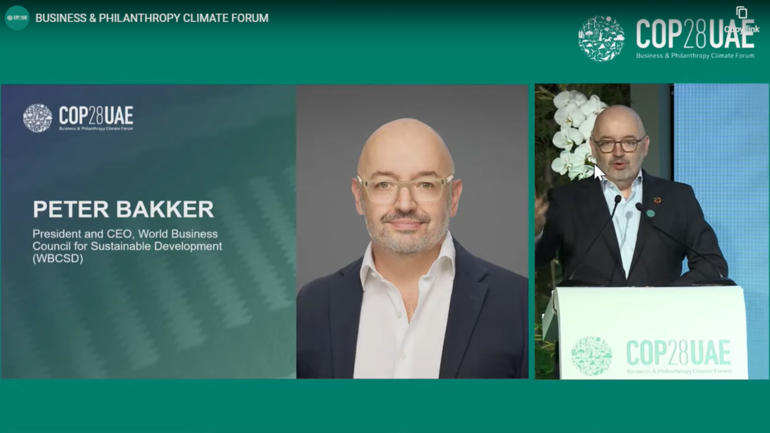For decades, the “tragedy of the commons” has been a useful tool for understanding and explaining the risks of undervaluing shared resources. Today such issues – those of the “global commons” – touch upon almost every aspect of our daily lives.
What was once a hypothetical theory is now a global reality – and it’s our responsibility to do whatever we can to address it.
Business is in a unique position to observe and intervene in many issues facing the global commons – from reducing emissions and addressing climate change, to stopping ocean pollution and fixing broken food systems. Across the world, companies are stepping up to meet the challenge.
At the World Business Council for Sustainable Development (WBCSD) over 200 of the world’s biggest companies are focused on addressing global commons issues through two key pillars: catalysing systemic change across key economy sectors and changing the rules of the game to ensure that businesses are measured by their true cost, true profits and true value.
The adoption of the Sustainable Development Goals (SDGs) and the Paris Agreement sent a powerful signal that the world is ready to change – that businesses who don’t adapt and who don’t respect the global commons will be left behind as more sustainable businesses become more successful.
This new framework represents an unprecedented wealth of opportunities that are good for business, society and the environment.
The Business and Sustainable Development Commission (BSDC) is working to quantify these opportunities – because getting any CEO on board will require translating sustainability jargon into a language he or she will understand.
The data the BSDC is uncovering is compelling, especially from a business standpoint. Preliminary research suggests that the new global development framework (ie opportunities associated with addressing global commons issues through the SDGs) could channel significant financial investment into the global economy. To seize these opportunities, we must move beyond incremental change.
It does not make sense for business to address each SDG one by one. Instead, it is calling for complete systems transformation across global economic sectors to address many SDGs at once.
By implementing business solutions across energy systems, food and land use systems and cities and mobility systems, WBCSD member companies are bringing their skills and expertise to scale up solutions in the widest, most positive way possible.
Representatives from business, government, academia and civil society must come together to truly transform the entire economic system. Redefining the way we value business and society, must be a key element of that.
We know that addressing global commons issues and meeting the SDGs is the right thing to do. We must now ensure that it also becomes the easiest and clearest choice for business. In other words, we need to re-evaluate the way we measure success.
Focusing solely on financial performance has, for too long, allowed companies to neglect important aspects of material risk management and disclosure, reinforcing business patterns that degrade the global commons.
All of this is about to change. Companies are beginning to see that it’s critical to consider additional performance metrics in order to set appropriate goals, understand progress and share accurate and relevant information. The revolutionary Natural and Social Capital Protocols aim at creating a new framework for companies to understand and measure their impacts and dependencies on nature and society.
In July 2016, the world took a giant step towards natural capital accounting by officially launching the Natural Capital Protocol – opening a new pathway for companies.
By thinking strategically about natural capital decisions and implementing the Protocol, forward thinking companies now have the opportunity to impact sustainability while reducing the market distortions that allow for damage to the global commons to occur in the first place.
The combination of systems transformation at the industry and business level, and economic restructuring on the financial and reporting level, will push the world in the right direction. But we need to abandon incrementalism in favour of complete transformation.
Each and every one of us – business included – depends on common global resources and we all have an important role to play in leading the change.
Business must continue to step up, and the collective global community must also come together to move forward. We have cleared the first hurdle in agreeing on a sustainable pathway forward, but now it’s time to work together to implement meaningful and lasting change.
This is only the beginning.
Peter Bakker is president of the World Business Council for Sustainable Development
Content on this page is paid for and provided by The Global Environment Facility, a sponsor of the Guardian’s Global Development Professionals Network.
This piece was originally published on www.theguardian.com








